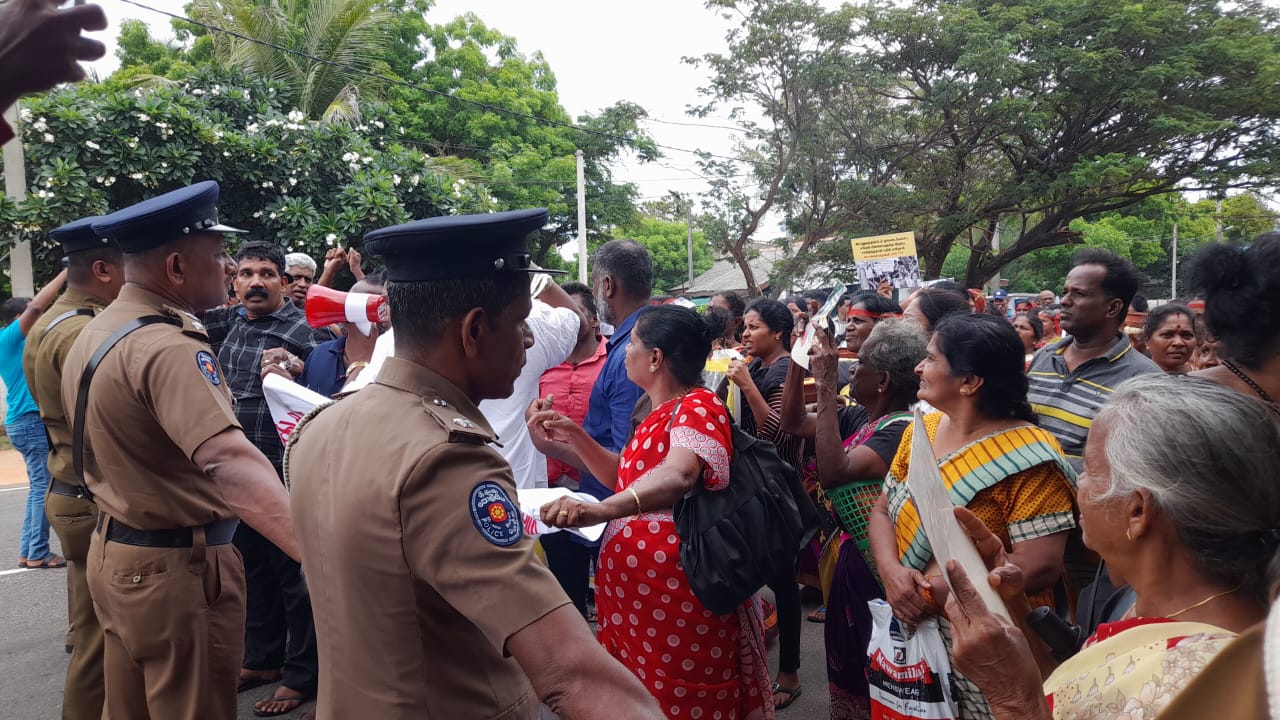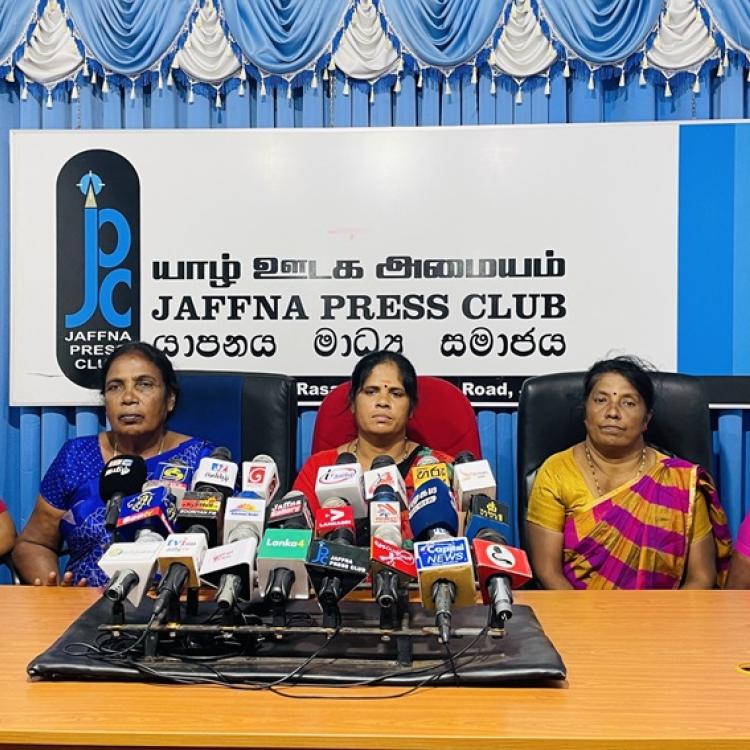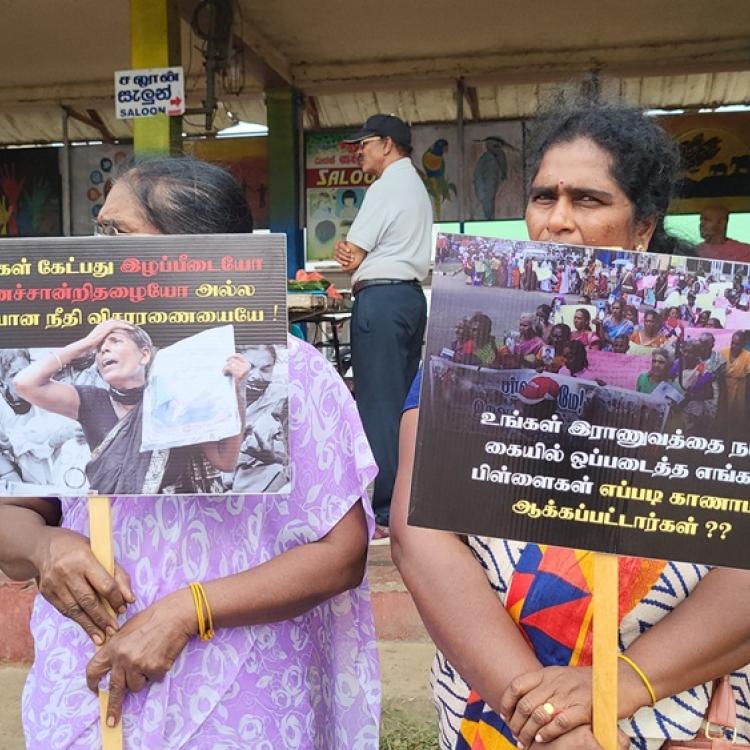
The Sri Lankan government is continuing to persecute Tamil families of the disappeared, said Human Rights Watch (HRW) in a release this morning.
Referring to the Sri Lankan government's latest attempt to suppress the voices of the Families of the Disappeared who were protesting across the homeland today, HRW noted that the Sri Lankan state, through its actions, continues to "resist any progress to address the terrible legacy of enforced disappearances, and instead compounds the anguish of victims’ families."
Earlier today, on a day when Eelam Tamils across the homeland held protests and demonstrations to mark the International Day of the Disappeared, the Sri Lanka Police in Trincomalee obtained a court order to halt demonstrations by Tamil families. According to Ambika Satkunathan, former Human Rights Commissioner of Sri Lanka, the Trincomalee police claimed that the demonstrations would "create conflict between ethnicities, disturb the peace, and pose a threat to security."
“The relatives of the disappeared experience the daily torment of not knowing what happened to their family members, which state agencies have cruelly compounded by trying to silence them,” said Meenakshi Ganguly, Deputy Asia Director at HRW. “Hundreds of mothers, wives, and others have passed away without learning what happened to their loved ones, and many more fear they might not live to see justice done.”
Human Rights Watch highlighted today's incident, where the actions of the Sri Lankan police demonstrated a persistent crackdown on protests and deliberate efforts to persecute the families of victims of enforced disappearances who seek justice. "Security forces persistently harass families through surveillance, intimidation, false allegations, violence, and arbitrary arrests."
The Families of the Disappeared have faced ongoing harassment and routine intimidation by Sri Lanka's security forces. Despite this, they have remained resolute in their campaign for justice.
Since 2017, Tamil families have been protesting across the North-East to uncover the truth about their loved ones.
The full statement from the HRW can be found here.


